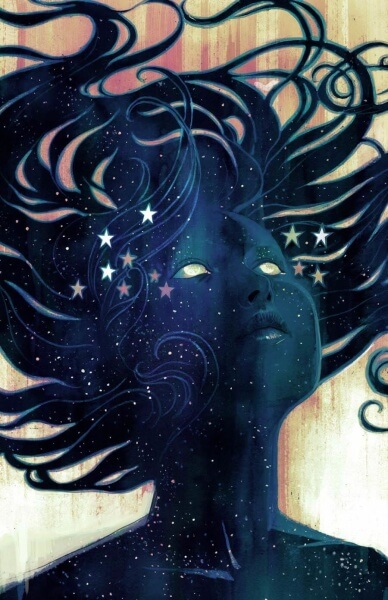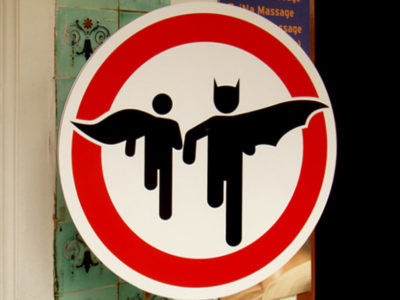It’s a bird, it’s a plane—no, it’s Stephanie Hans, freelance illustrator extraordinaire and mercenary of comics. Hans worked with a number of indie comics and collaborated with comic companies like Marvel and Image Comics on works like Angela: Asgard’s Assassin, Angela: Queen of Hel and The Wicked and the Divine. She also illustrates enchanting comic covers that draw in readers. Wondering what it takes to make it as a freelance illustrator?
College Magazine: How did you first get into art? Were you inspired by a person, work(s) of art, etc.?
Stephanie Hans: It’s a difficult question because for some people, it’s not so much about getting into art as much as never getting out of it.
Hear me out for a while. All children draw at first and then most of them find a better way to express who they are, and then there are the ones who never need anything else to be wholeheartedly themselves. I was one of those. I just never stopped drawing. After a long while, there were some artists that were a great influence like Mlimmt, Mucha, Egon Schiele. Mosly classical painters.
CM: How were you able to have your work recognized by multiple people and groups like Marvel?
SH: As a young artist I went through a very difficult time trying to get published and after that, trying to get work on the themes I was interested. I started with comic books interiors for a small publisher in France. My own book.
After that I realized I was more comfortable when working with several publishers in the same time and that cover art gave me the challenge I needed to get better. It was also always a pleasure to have the trust of my editors to create the first thing readers would see from a book and do it well.
I did that in France for a while and then I had the opportunity to have my portfolio handed to CB Cebulski, an international talent scout for Marvel. He kept it for a while and after 2 years, offered me my first gig.
The rest is history.
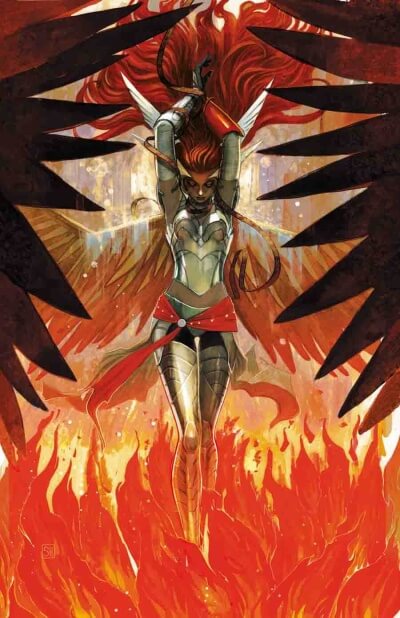
CM: What do you like most about your career? What do you least like?
SH: I love the challenges and the versatility. I love the readers and their dedication. I love being one of the few females working regularly on a comic title. I love to be a soldier, fighting for a book. I don’t like the exhaustion it sometimes brings me. The lack of social life it implies occasionally. I don’t like being unsure of my future.
CM: Are there unique challenges found in freelance illustrating? What do you say they are?
SH: Self-promotion is always a challenge. Keeping in touch, being good with financial stuffs and papers is a nightmare for me.
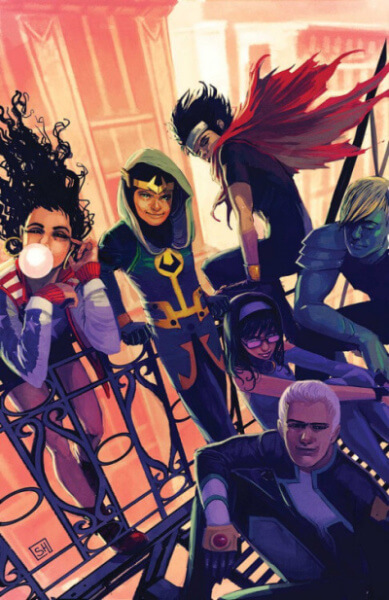
CM: What classes did you take in college to become an artist, if that is what you majored in? What classes do you recommend for hopeful artists about to enter college/work?
SH: I actually went to an art school. Famous one in France and all but I was really a bad student. Skipped most of my classes, hated the teaching and the fact that the students all seemed to want to do the same thing. Truth is, my class was too far away from mainstream stuff and I didn’t fit. I learned most of what I do thanks to the internet. I had a good base with understanding the human body and colors which comes from school.
I know quite a few self taught professional artists and they do as well as the others, even better sometimes.
CM: Did you have any memorable experiences in college? If so, what were they?
SH: Beside sleeping on my animation’s teacher’s couch or going barefoot to some exams, not really.
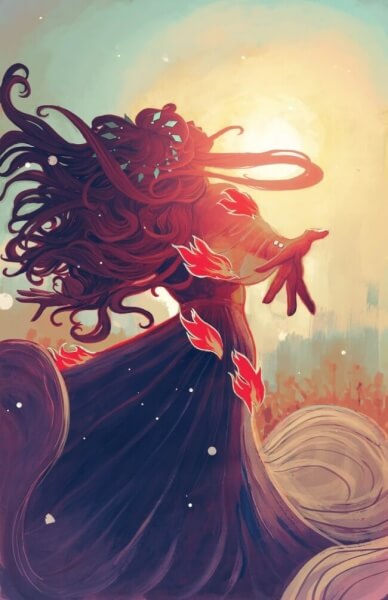
CM: How do you feel about your own work being seen in works like Angela: Queen of Hel? Your art is stunning!
SH: It’s always a pride, of course. But mostly, it’s my job. I value it.
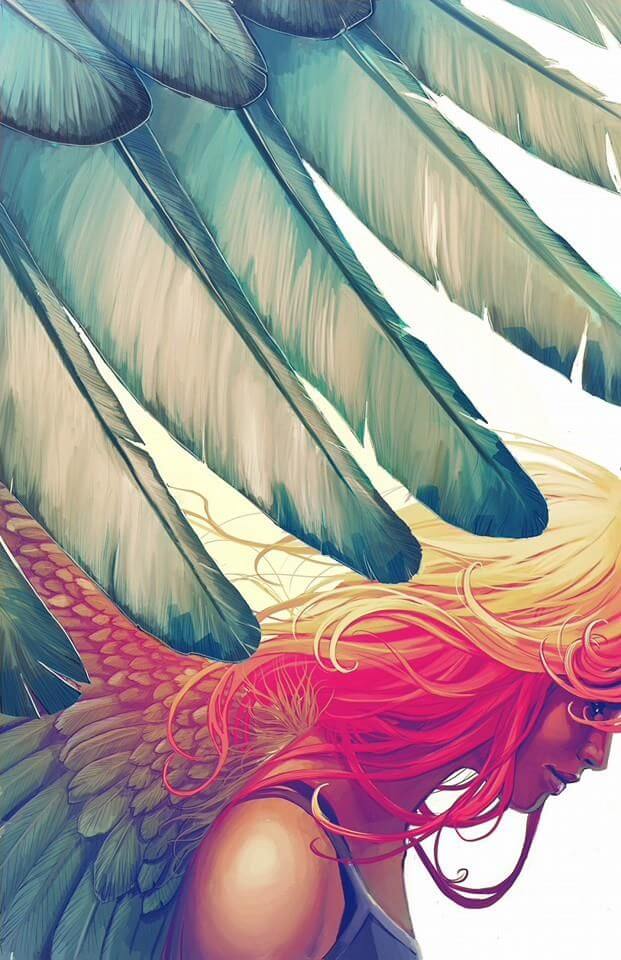
CM: Many people argue that women have it harder in the comics industry because of gender inequality. While working in comics like Angela: Asgard’s Assassin and the currently running Angela: Queen of Hel among other works, do you believe this is true? Are there ways women can be better treated and represented in this line of business?
SH: I hear that a lot.
I started doing comic books in France 12 years ago. I was already one of the only one on the conventions and such. At that moment, being a girl in comics wasn’t fancy yet. It was still a curiosity. Same when I started with Marvel. But I never felt anything [other] than respect and consideration. I guess I was lucky.
I always demanded to be judged only on my skills or my portfolio and I never had the impression that it didn’t happen beside one time in France where the were building a comic collection with only female artists and writers.
To be honest, my work is not especially “girly” if that ever means something. I think I can stand my ground technically speaking and that makes me more difficult to spot.
CM: If you are allowed to speak on this, what future projects are you going to work on? What are you excited and looking forward to with these incoming projects?
SH: Right now, I am totally in the Dark. I don’t really know what to expect from the future. I would love to work on an indy series but really, who knows. It’s exciting and frightening at the same time.
